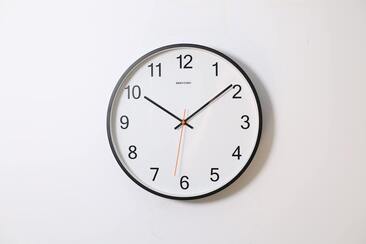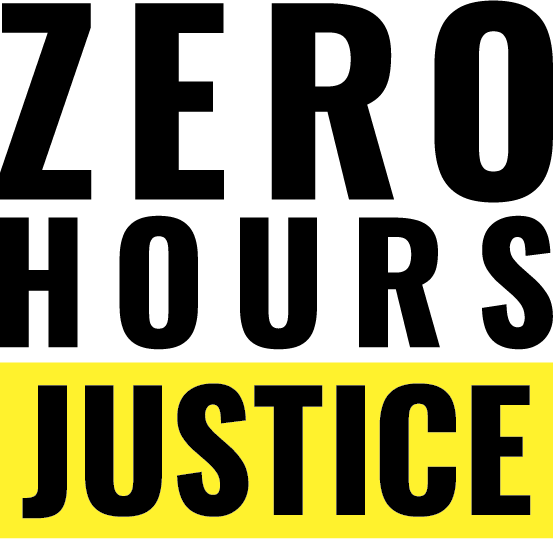|
By Pravin Jeyaraj Yet, when the clocks went forward at 1 am on 28 March 2020 for British Summer Time, many of them would haver automatically lost an hour's work. Zero hours workers are paid at an hourly rate for the hours actually worked. So if they were working at 1 am, they may well end up a losing an hour's pay, compared to if they had worked on any other night. On the plus side, if they are working when the clocks go back at 2 am on 31 October for Greenwich Mean Time, then they should be paid an extra hour. They are effectively working the hour between 1 am and 2 am twice.
But it is not enough for employers to argue that the lost hour in March is balanced by the extra hour in October. Firstly, the insecurity of zero hours contracts means that someone working 28 March may well not ben working in 31 October. Secondly, if a worker is on the minimum wage, the hourly rate in October will usually be higher than the hourly rate in March. |
contactFor press enquiries or permission to reuse content, please contact: Archives
June 2024
CATEGORIES
All
|
|
Company No: 12417909 Registered Office: 38 Coney Street, York, Y01 9ND
|


 RSS Feed
RSS Feed


